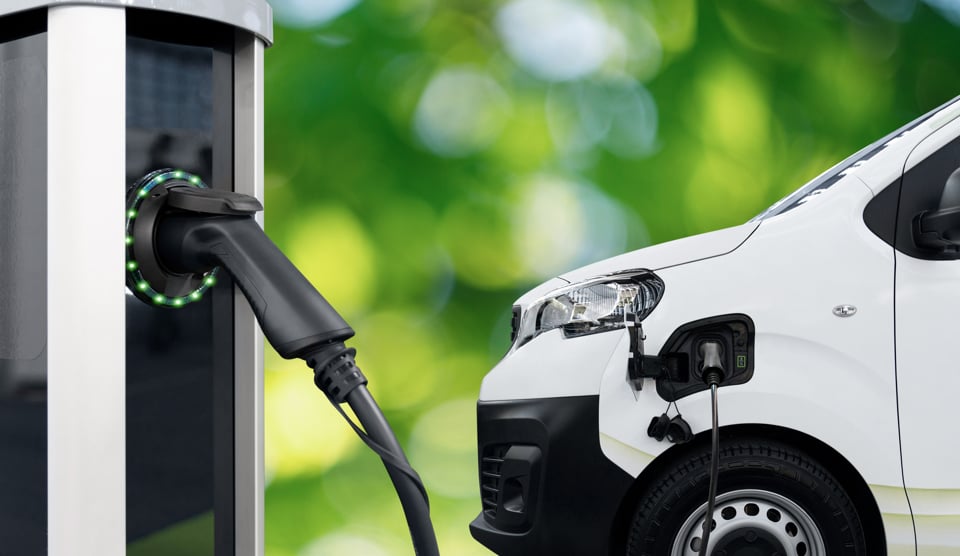Fleets will continue to benefit from up to £5,000 off an electric van after the plug-in grant was extended until April 2026.
The cash incentive was due to end this April, but the Department for Transport (DfT) has confirmed today (Tuesday, February 25) it will benefit, in part, from £120 million in Government funding.
The plug-in van grant will also remain at the same level, offering up to £2,500 when buying a small van up to 2.5 tonnes and up to £5,000 for larger van up to 4.25 tonnes.
The DfT estimates that it has helped sell more than 80,000 electric and zero-emission vans since its launch in 2012.
Fleets will welcome the continued cash support to help them make the switch, which has been announced alongside changes to driving licence rules for heavier electric vans to bring them in line with their lighter petrol and diesel equivalents.
Future of roads minister, Lilian Greenwood, said: “From van drivers and businesses to drivers with accessibility needs, bikers and cabbies, today we are making it easier, faster and cheaper for people to switch to electric vehicles.
“By making the transition to zero emissions a success, we’re helping to drive growth all over the UK, putting more money in people’s pockets and rebuilding Britain to deliver our plan for change.”
Net zero lead at the Road Haulage Association (RHA), Chris Ashley, welcomed the financial support from the Government for van operators.
“At a time when sales of EV vans are in danger of waning, this is a welcome boost to help those make the switch where they can,” he said.
The DfT has also announced it is extending grants of up to £4,000 for taxi drivers to make the switch to electric for another year.
Furthermore, the plug-in wheelchair accessible vehicle grant cap is being increased from £35,000 to £50,000, while bikers will continue to have access to a £500 grant from Government to buy an electric motorbike for another year.
The DfT, however, added that all plug-in vehicle grants will remain under review to deliver the “greatest value for money” for the taxpayer and “may close without notice”.
Matthew Dillon, head of commercial vehicles at the UK's largest vehicle leasing company, Ayvens, called the Government’s confirmation of a one-year extension to the plug-in van grant (PiVG) a “positive step”, reinforcing the crucial role financial incentives play in helping commercial vehicle fleets transition to zero-emission alternatives.
He also welcomed the removal of the additional driver training hours required to operate heavier alternative-fuelled vehicles (AFVs).
“This is a step in the right direction, addressing some of the uncertainty in the industry and giving fleet operators greater confidence to explore the operational capabilities of electric commercial vehicles up to 4.25 tonnes,” he said
“However, while these announcements demonstrate important progress, many fleet operators may still wait for further clarity following the consultation.
“In particular, clear guidance on MOT requirements for 4.25-tonne AFVs, as well as the associated costs and administrative implications, will be essential to ensure widespread adoption.
“Other challenges also remain, including vehicle availability, payload constraints, and the need for greater investment in infrastructure.
“However, the grant extension sends a strong signal to fleet operators running the UK’s most mission-critical fleets that the Government is committed to supporting their decarbonisation efforts.”
Christopher Thorneycroft-Smith, co-founder of Aegis Energy, also welcomed the decision to extend the plug-in grant for electric vans and remove additional training requirements.
“It’s a definitive move for the sector which many industry bodies have lobbied hard for over the last year,” he said.
“However, we also know how important it is that we address the gap in reliable, accessible charging infrastructure for fleet operators.
“Alongside reducing upfront vehicle costs, this is another key barrier which must be tackled to truly accelerate the transition.”























Login to comment
Comments
No comments have been made yet.